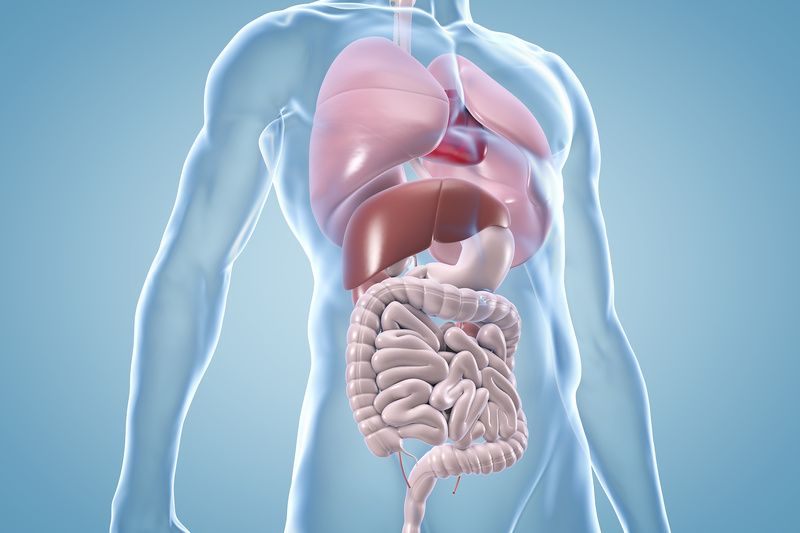
(Vienna, 23-09-2016) Inflammatory processes in the liver make a massive contribution to the development of liver cancer. Stress and inflammatory signalling pathways play a significant role in this process. On 28 September, top American scientist Michael Karin will outline the latest findings on the subject in the CeMM Conference Room, 8th floor, Lazarettgasse 14, 1090 Vienna.
One of the key areas of research at MedUni Vienna's Comprehensive Cancer Center (CCC) is the signalling pathways that lead to the development of liver cancer. Several different research groups, working in basic research and also clinical research, are concerned with this topic. Maria Sibilia, Head of the Institute for Cancer Research and Deputy Head of the CCC explains: "Our objective is to find the mechanisms that lead to the development of liver cancer, amongst other things, because this will enable us to develop new strategies for treatment and prevention."
The scientists are particularly interested in the molecular biological processes that occur in the cells and control their reactions, e.g. growth, inflammation or response to therapies. Particular attention is being devoted to identifying new biomarkers that control the response to new treatments, such as immunotherapy. For example, research results produced by the Sibilia group showed that, in liver cancer, the EGFR (Epidermal Growth Factor Receptor) not only controls the growth of tumour cells but is also upregulated on inflammatory cells (macrophages), hence promoting the growth of liver tumours. In collaboration with researchers from the Department of Gastroenterology and Hepatology of the Department of Medicine III at MedUni Vienna and Vienna General Hospital (Michael Trauner, Markus Peck and Wolfgang Sieghart), EGFR positive macrophages were also identified in human liver cancers. The presence of these cells is a negative prognostic marker for development of the disease. Consequently, an anti-EGFR therapy could have beneficial effects in liver cancer patients, in whom these EGFR positive macrophages are detected.
Says Sibilia: "This also ties in with the findings of Michael Karin, who has not only successfully identified the molecular links between obesity, inflammation and cancer but has also discovered new targets for cancer prevention and cancer treatment. His lecture is a MUST for all cancer researchers."
Event: CCC Grand Round on 28.09.2016, 2 pm
CeMM Conference Room, 8th Floor, Lazarettgasse 14, 1090 Vienna.
Molecular biologist Michael Karin, who currently researches and teaches at the School of Medicine, University of California, San Diego, will speak about his specialist area, stress and inflammatory signalling pathways. The lecture will be given in English and is DFP accredited.